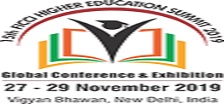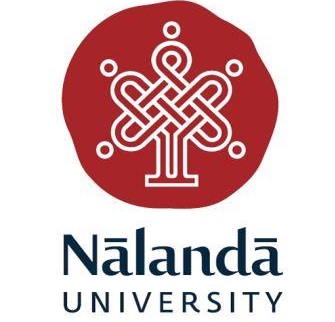|
(i)
|
the particulars of its organization, functions and duties;
|
High Commission of India, Bruneiis headed by High Commissioner and has following Wings: (i) Administration & Establishment Wing (ii) Consular Wing (iii) Economic & Commerce Wing (iv) Political Wing (v) Press, Information & Cultural Wing and (vi) Defence Wing. These wings are under the supervision of the High Commissioner. The functions of the High Commission inter alia, include political and economic cooperation, trade and investment promotion, cultural interaction, press and media liaison, other bilateral and multi-lateral issues and rendering Consular services including Passport, Visa and PIOs. The High Commission functions within the purview of business allocated to the Ministry of External Affairs under the Government of India's Allocation of Business Rules and Transaction of Business Rules.
|
|
(ii)
|
the powers and duties of its officers and employees;
|
General Administrative powers are derived from IFS (PLCA) Rules, as amended from time to time. Financial powers of the Officers of the High Commission of India have been detailed in the Delegated Financial powers of the Government of India's Representatives Abroad. Other powers are derived from the Passport Act of India. The Officers of the High Commission function under the guidance and supervision of the High Commissioner.
|
|
(iii)
|
the procedure followed in the decision making process, including channels of supervision and accountability;
|
Decisions are taken under the instruction and supervision of the High Commissioner.
|
|
(iv)
|
the norms set by it for the discharge of its functions
|
Norms are set under the instruction and supervision of the High Commissioner.
|
|
(v)
|
the rules, regulations, instructions, manuals and records, held by it or under its control or used by its employees for discharging its functions;
|
IFS PLCA rules and its annexures, Delegated Financial Powers of Government of India's Representatives abroad Rules, Passport Act, Manuals on Office Procedures, Other Central Government Rules and manuals published by Central Government
|
|
(vi)
|
a statement of the categories of documents that are held by it or under its control;
|
Classified documents/files relating to India's external relations. Unclassified documents/files including joint statements, declarations, agreements and MoUs. Passport and other consular services application forms
|
|
(vii)
|
the particulars of any arrangement that exists for consultation with, or representation by, the members of the public in relation to the formulation of its policy or implementation thereof;
|
The High Commission of India functions within the norms of India's foreign policy formulated by the Ministry of External Affairs. Policy is implemented by the High Commission under the guidance and supervision of the High Commissioner.
|
|
(viii)
|
a statement of the boards, councils, committees and other bodies consisting of two or more persons constituted as its part or for the purpose of its advice, and as to whether meetings of those boards, councils, committees and other bodies are open to the public, or the minutes of such meetings are accessible for public;
|
High Commission of India interacts regularly with representatives of various councils, committees and others bodies.
|
|
(ix)
|
a directory of its officers and employees;
|
A directory is given atAnnexure I
|
|
(x)
|
the monthly remuneration received by each of its officers and employees, including the system of compensation as provided in its regulations;
|
A statement of monthly remuneration is at Annexure II
|
|
(xi)
|
the budget allocated to each of its agency, indicating the particulars of all plans, proposed expenditures and reports on disbursements made;
|
The budgetary figures for the financial year 2024-25 are given in the statement at Annexure III
|
|
(xii)
|
the manner of execution of subsidy programmes, including the amounts allocated and the details of beneficiaries of such programmes;
|
High Commission of India does not have any subsidy programme.
|
|
(xiii)
|
particulars of recipients of concessions, permits or authorizations granted by it;
|
No concessions/permits are granted by the High Commission.
|
|
(xiv)
|
details in respect of the information, available to or held by it, reduced in an electronic form;
|
The High Commission's website has the required information. The High Commission also makes available to interested individuals/firms various CD's and DVD's containing information on India, its people and culture as and when requested.
|
|
(xv)
|
the particulars of facilities available to citizens for obtaining information, including the working hours of a library or reading room, if maintained for public use;
|
The High Commission maintains a library that is open to visitors during 1000 hrs to 1230 hrs on working days.
|
|
(xvi)
|
the names, designations and other particulars of the Central Public Information Officers;
|
Central Public Information Officer (CPIO)
Shri SDK Menon
Head of Chancery
Brunei Darusslam
Tel: +673-2343703
Fax: +673-2339783
E-mail: hoc[dot]brunei[at]mea[dot]gov[dot]in
|
|
(xvii)
|
such other information as may be prescribed and thereafter update these publications every year;
|
The High Commission's website has information which is updated on a regular basis.
|





















